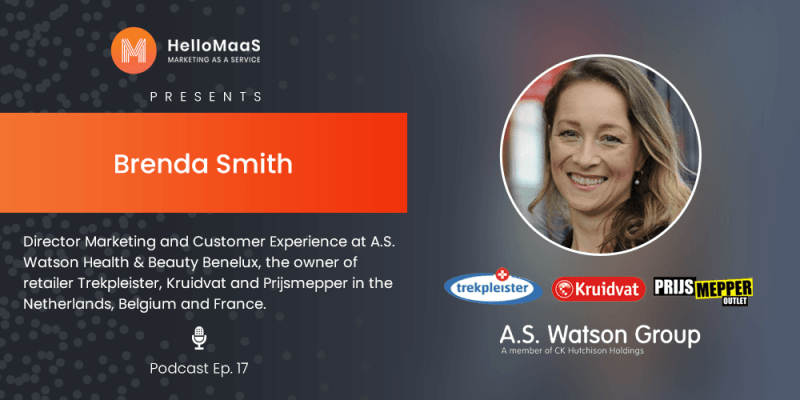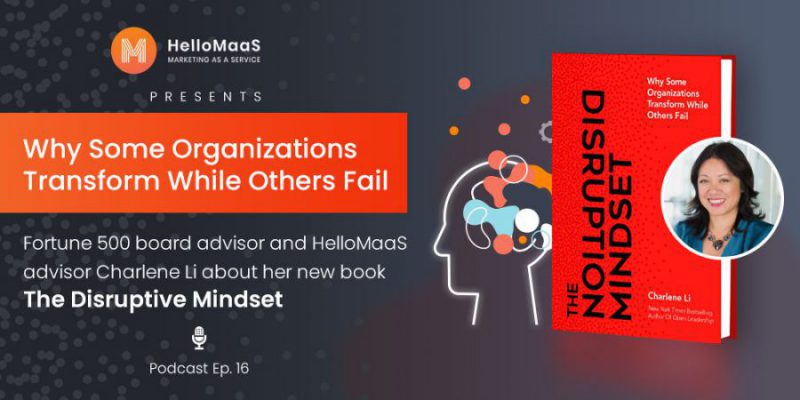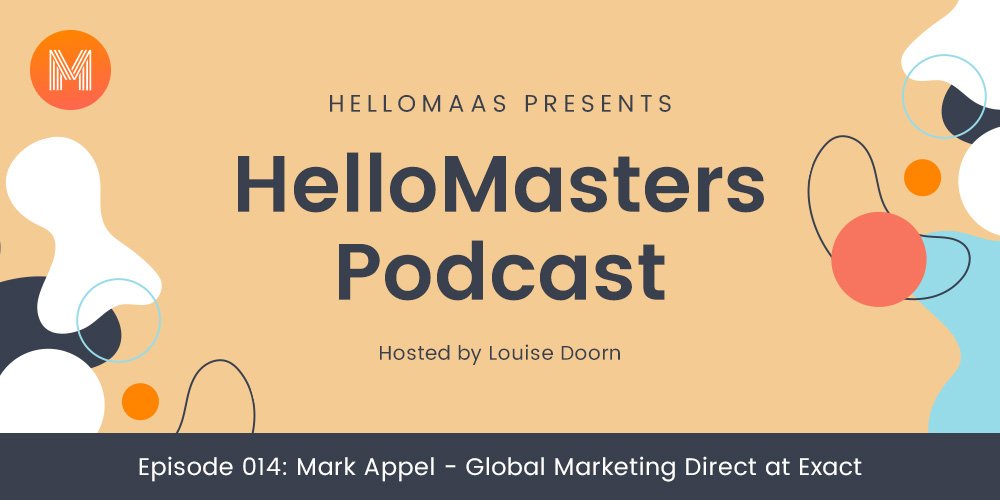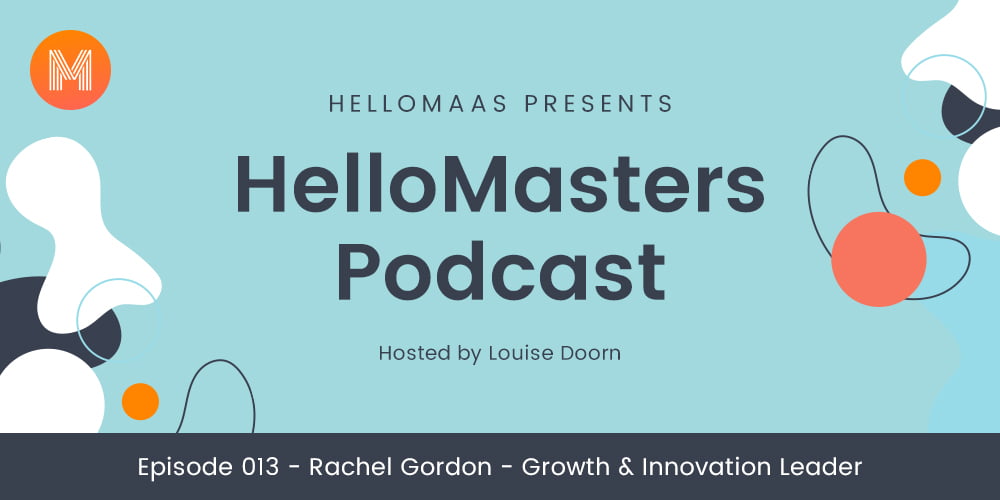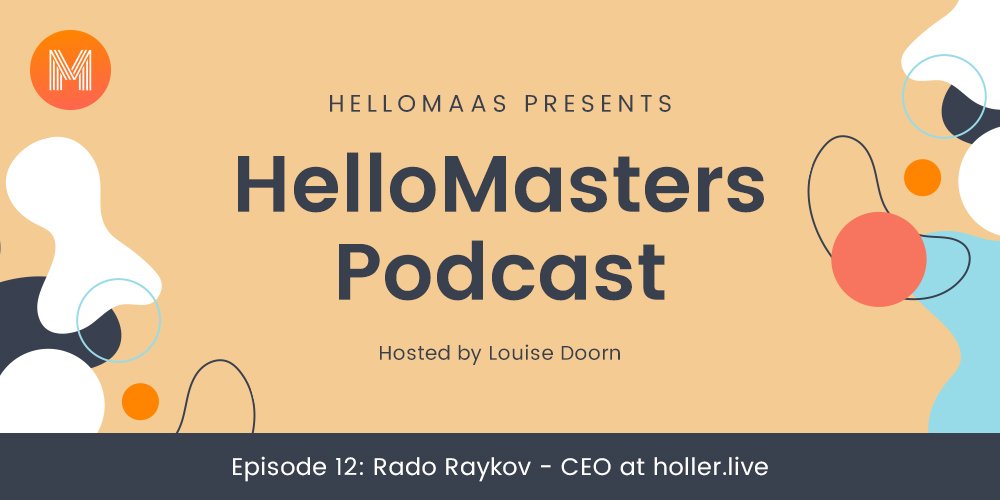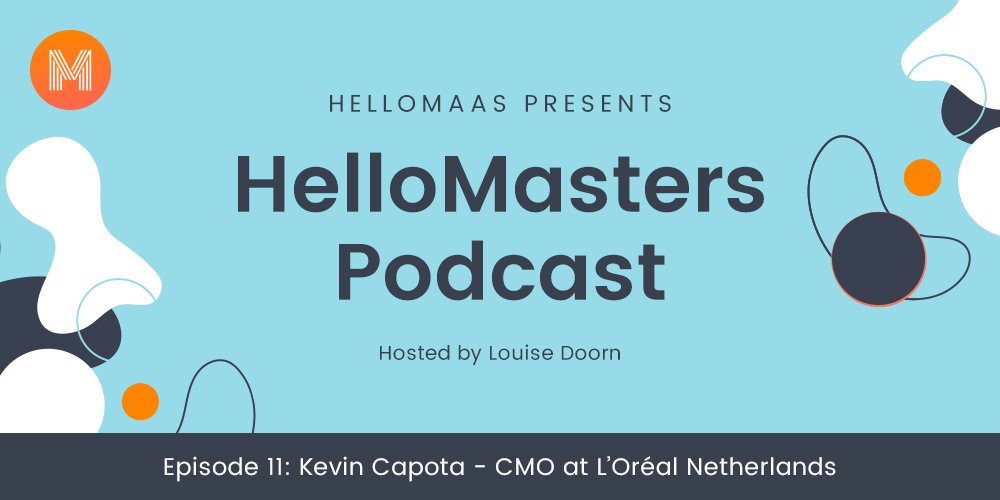HelloMasters Episode 12
We have a familiar voice for this twelfth episode of our HelloMasters series. You might recognize our guest Rado Raykov, CEO at holler.live, from the podcast we did about startup founders a while ago. He’s back today to discuss his own venture, the importance of feedback, fundraising and the importance of marketing. We do this with the help of another familiar voice, our co-host Ellen Bark-Lindhout, co-founder of Collider Amsterdam.
Holler.live
Holler.live allows customers to immediately and intuitively express your feelings, through the use of an app or browser add-on. We asked Rado about his motivation and reasoning to start his own company: “As a consumer myself, I’m often very frustrated by how I am expected to jump through hoops if I want to share my opinion back with decision-makers of companies that serve me.”
Importance of feedback
The way companies currently assess customer feedback is often very onesided or misunderstood. Ratings are just a snapshot of an overall experience at a certain moment, NPS – albeit straightforward – is only a number, lacking the in-depth implications that number brings and even social listening has its pitfalls: “There is a clear difference in opinion when it’s deliberate and actively shared when people know someone will listen to it vs when they are just shooting to breeze.” Rado continues: “It’s very hard for any organization to change and innovate. Even if they want to do it, it still takes time and effort.” The importance of direct feedback when you would like to be closer to your customer as a brand is huge though: “Consumers care about what you do, and they would like to have the opportunity to tell you that in a constructive way.”
Fundraising
Being a CEO is a bumpy ride and brings its challenges. One part of this is fundraising: “I personally hate fundraising. It’s the worst part of the whole deal.” Nevertheless, it’s an important part of the journey: “It’s not like if you build a great product and have a great idea, people owe it to you to find you and come to you. That’s the big lesson.” The trajectory can often be long and intense, including multiple rejections. Rado emphasizes, however: “You shouldn’t build a thick skin. If it stops hurting, you stop learning.” Ellen adds: “Be prepared to fight a number of wars along the way. Sometimes even after signing.“
Use of Marketing
Another important learning moment involved the use of marketing: “To my understanding, marketing is the all-encompassing effort of presenting yourself out there in the market.” The importance of implementing a marketing strategy early on isn’t always as obvious as you would expect though: “People think my idea is great, so people will come. The product is good so it will sell itself. That’s just not true.”
We understand that you sometimes need a burst of quick and specific marketing knowledge. We can help you with that! Go to www.hellomaas.com to learn more.
Topics
[00:00:00] Intro HelloMasters
[00:00:30] Intro Rado Raykov & Ellen Bark-Lindhout
[00:01:25] Finding the white space
As a consumer myself, I’m often very frustrated by how I am expected to jump through hoops if I want to share my opinion back with decision makers of companies that service me. – Rado
Once you are in a decision making spot, you are distant from your customers, your stakeholders. – Rado
[00:02:50] Having a direct line of contact with your customers
Social media was built for people to interact, not for people to interact with brands. – Rado
[00:07:00] holler.live, their offer and ideal client
It requires a change of mindset. – Rado
We have created a plug and play solution that enables any type of organization to allow their customers to engage at scale, at any touchpoint of their journey. – Rado
[00:10:00] Case study holler.live
[00:12:20] Why would I want to give feedback?
That’s the million-dollar question. Why would you? Unless it’s made as easy as possible. – Rado
This is a tool as much for you as the customer, as it is for us. – Rado
[00:13:44] Changing the mindset of a company
It’s very hard for any organisation to change and innovate. Even if they want to do it, it still takes time and effort. – Rado
You don’t have to change many of your current practices in order to adopt a tool as ours. – Rado
[00:15:23] Social listening
You are risking on making decisions on misinterpreted information at best. – Rado
There are ethical and GDPR constraints. Do people really know that you are listening to them? – Rado
There is a clear difference in opinion when it’s deliberate and actively shared when people know you will listen to it vs when they are just shooting to breeze. – Rado
NPS suffers from the same issue. It is not really aligned with how people actually function. It is one number, it is very simple, but the downside is that it’s homeopathy. – Rado
[00:17:41] Sharing data – showcasing or strategically relevant
Customers are as tired as you from getting emails asking about their opinion [..] That is then data that is a bit useless, because it’s polluted by the way it’s gathered. – Rado
[00:19:40] Summary holler.live – Key takeaway
They care about what you do, and they would like to have the opportunity to tell you that in a constructive way. – Rado
[00:21:30] Preventing extreme behavior and polarization
You can direct the communication flow by limiting the input mechanics. You can use predefined options. – Rado
Organizations are made of humans, but it’s a different beast. – Rado
[00:25:30] holler.live & Collider Amsterdam
It helps to have more mature people that make you slow down and reassess if needed. – Rado
It doesn’t matter what you think as a founder, it matters that the belief is shared. By both team members and clients. – Rado
Even the ones that say no are you best friends because that helps you a lot as well. – Ellen
[00:30:25] Building a team
[00:31:45] Incentivize to work at a startup
You can’t offer the best salary, but you should always offer some sort of buy-in (stocks, equity). – Rado
What it comes down to is actually the vision […] they have to be people that want to work with you on this specific thing. It’s not that romantic, it has ups and downs. – Rado
[00:33:30] Mistakes made
A mistake I made is probably not firing soon enough. – Rado
[00:34:00] Diversity
If you want to make something truly different, you have to approach it from a different way. The way to do that is to have more viewpoints on board. – Rado
The reality is that it’s a richness of perspectives. That’s what it’s about. – Rado
[00:35:10] Fundraising
At the end of the day, the people with the capital choose themselves where they put their money. – Rado
Without trying, at Collider, we have almost 40% of investors that are women. – Ellen
You can try to change the current community to be less biased, or you can try to change the current community. – Ellen
[00:39:25] Diversity clauses
If you want to jumpstart change, you have to break a few eggs so to speak. – Rado
[00:41:13] Approaching fundraising
I personally hate fundraising. It’s the worst part of the whole deal. – Rado
It’s not like if you build a great product and have a great idea, people owe it to you to find you and come to you. That’s the big lesson. – Rado
A big part of my personal journey is to accept that fundraising is part of the job. It involves rejection. – Rado
You shouldn’t build a thick skin. If it stops hurting, you stop learning. – Rado
It could be that there is a war going on after signing your investments. If you find out they are not the right ones in the end, or they have certain unexpected demands. – Ellen
Be prepared to fight a number of wars in the way. But with good preparation, you can prevent a lot of wars as well. That’s what we help them with – Ellen
[00:45:20] Marketing in startups
One of the biggest mistakes we’ve made as a team is not pay enough attention to market as soon as possible. – Rado
We underestimated it. People think my idea is great, so people will come. The product is good so it will sell itself. – Rado
To my understanding, marketing is the all-encompassing effort of presenting yourself out there in the market. – Rado
[00:49:00] Ellen’s advise
Marketing goes all the way up to customer success management. – Ellen
You do need to understand the basics of marketing to understand what kind of people and tools you need. – Ellen
[00:52:00] Predictions for 2019
[00:53:30] Outro



